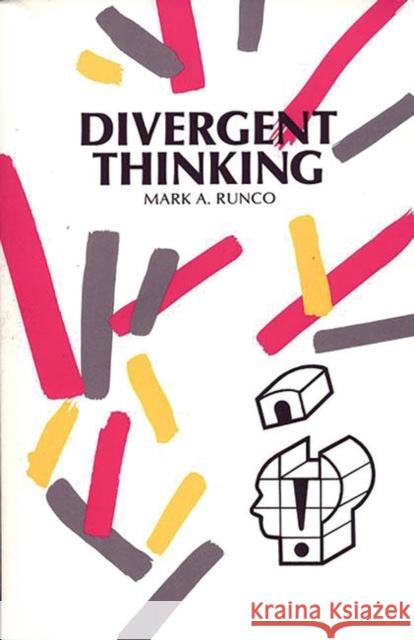Divergent Thinking » książka
Divergent Thinking
ISBN-13: 9780893917166 / Angielski / Miękka / 1991 / 212 str.
Divergent Thinking
ISBN-13: 9780893917166 / Angielski / Miękka / 1991 / 212 str.
(netto: 215,11 VAT: 5%)
Najniższa cena z 30 dni: 218,98
ok. 30 dni roboczych.
Darmowa dostawa!
The research presented in this volume suggests that divergent thinking is an important component of the creative process. Divergent thinking tests are probably the most commonly used measure of children's potential for creative thinking. There are a number of unanswered questions about children's divergent thinking and creativity which are answered throughout the volume and may be identified as themes in the research. The first theme is that the capacity for divergent thinking may not be normally distributed across all levels of ability (a relevant premise is that creative abilities are not evenly distributed across domains of performance and achievement). A second theme is that divergent thinking is influenced by the conditions under which it is assessed. A third theme of the book is methodological; several chapters explore existing evaluations of divergent thinking tests. A final theme is that divergent thinking is important for both basic and applied research. From the perspective of basic research, the divergent thinking model offers an empirically supported view of a cognitive process. From the applied perspective, divergent thinking can be viewed as one component of giftedness and predictive of several expressions of real-world creativity.











